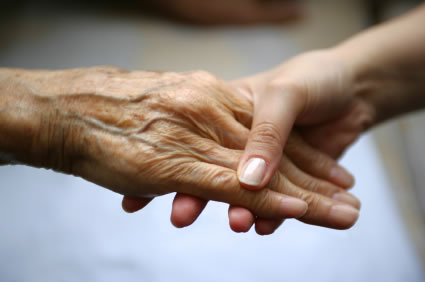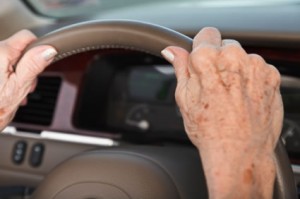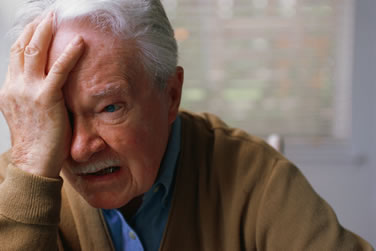
istockphoto
Older people feel that their health problems pose a challenge to their sense of independence, dignity and identity and sometimes the health care they are given makes things worse.
According to research funded by UK Research Councils’ New Dynamics of Ageing programme (NDA), healthcare providers must avoid taking a ‘blanket view’ of how to help older people cope with the ageing process.
The study carried out by Dr Liz Lloyd and her colleagues found that people were often surprised by the impact that illness and growing old had on their lives. Their sense of ‘self’ was affected by the limitations imposed by their age and illnesses. “Growing old and coming to terms with illnesses is complex and demanding at times – physically, mentally and emotionally,” Dr Lloyd said. “When health goes, it can come as quite a shock.”
The research shows that older people work hard at maintaining their health and independence, while coming to terms with becoming dependent on others. The participants’ views show how, with the struggle to maintain day-to-day activities, their dignity can quickly and easily be lost. One participant, Mary, told researchers:
“Inside I feel as though I ought to be able to do things. But I’m not and it’s hard to accept.”
While some were positive about making changes, others found it harder to adjust their day-to-day routines. All participants made great efforts to find new activities or adapt old ones. For example several learnt to use computers and others took art classes at day centres. All tried to maintain their health in a variety of ways.
Dr Lloyd believes the research shows there are significant differences in the way that people define dignity and independence, and that these are influenced by their relationships, abilities and life experiences. She states, ”
You can’t impose a blanket view of what dignified care is. Of course, there are certain standards that should apply in all circumstances but enhancing dignity needs a lot more than guaranteeing minimum standards.”
“In old age when your health fails, it affects your sense of self. Understanding that from an older person’s perspective is crucially important. Care and support can enhance dignity or it can worsen the loss of it if not given in the right way. Good support is essential in terms of how people make the adjustments they need to make.”
Dr Lloyd highlights that the relationship between dignity, identity and independence is complex. “Loss of independence involves a change in your identity and is a challenge to your dignity,” she states. “It is through the support of others that individuals are able to rebuild their sense of identity in their changed circumstances.”
Support and care need to be responsive to what people are going through and to see things from the perspective of the person on the receiving end of care. “Older people are going through enormous changes and the people who are helping them need to be aware of these.”
Source: Economic and Social Research Council



